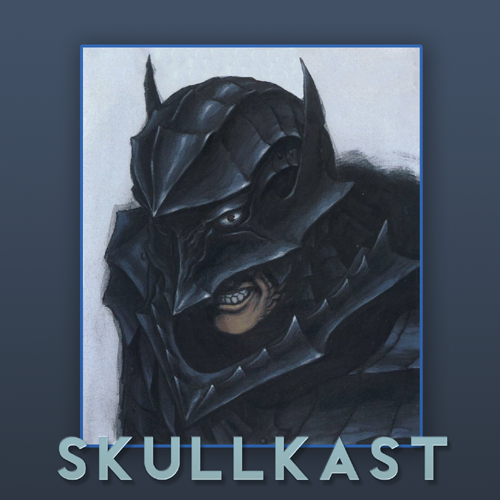
Episode 143: Wizard General (Vol 31-1) (1h33m)
Daiba makes his grand entrance at Vritannis, after Guts goes Berserk to carve through hordes of the pischacha invaders. We also discuss this new look for Guts when he and Schierke work together to overcome the armor's control.
Like the show and want to support our translation efforts? Starting at $5 a month, you can listen to more than 28 mini-podcasts—with new releases each month. Check out the details on our Patreon!
Latest Minipod—#28: The Brand and the Falcon Symbol
Walter and Aazealh go over a topic that's seldom discussed: the similarity between the Brand of Sacrifice and the Holy See's symbol, why it's deliberate and what we can glean from it story-wise.
Use a podcast app on your phone? You can search for us there or simply copy+paste the link in the image below!

